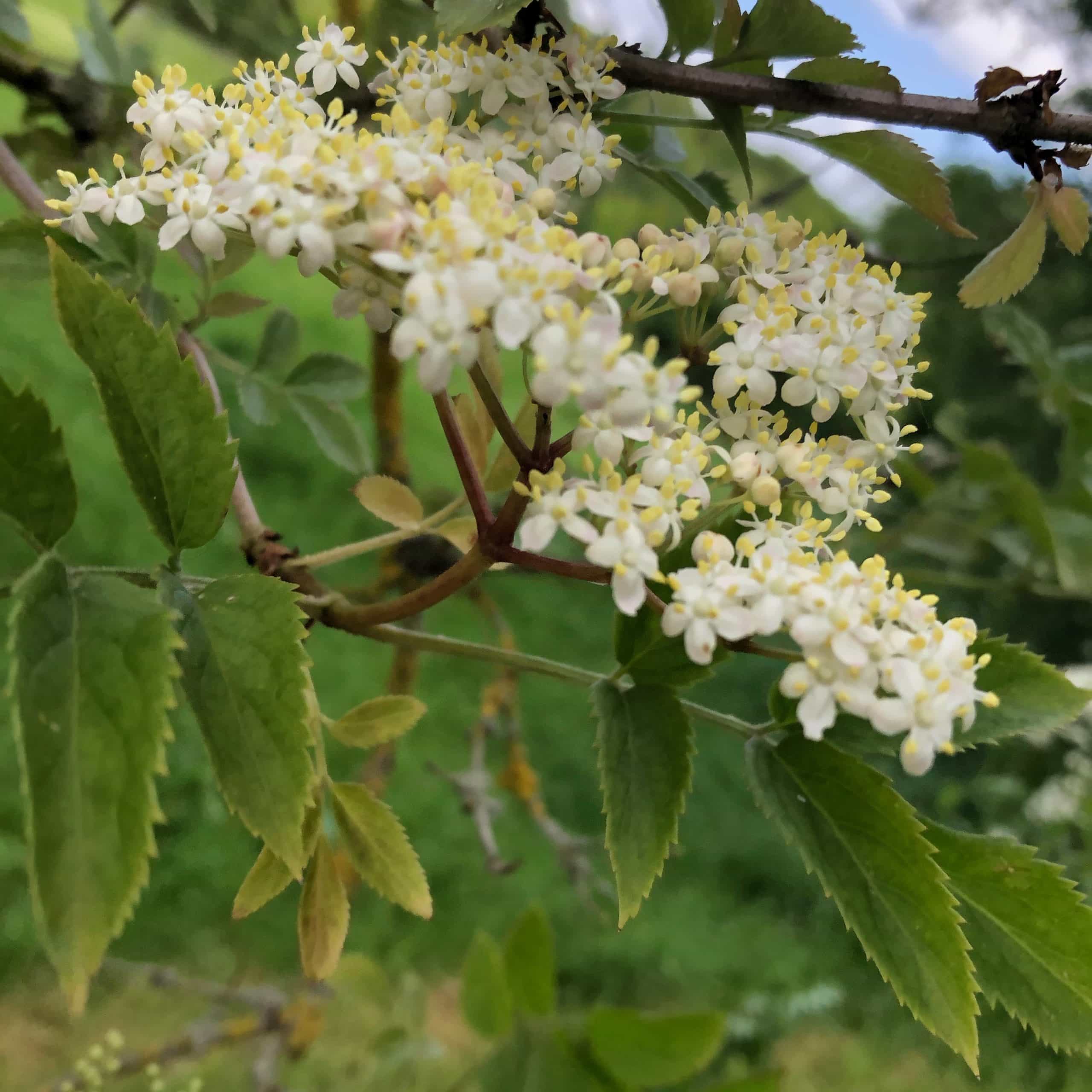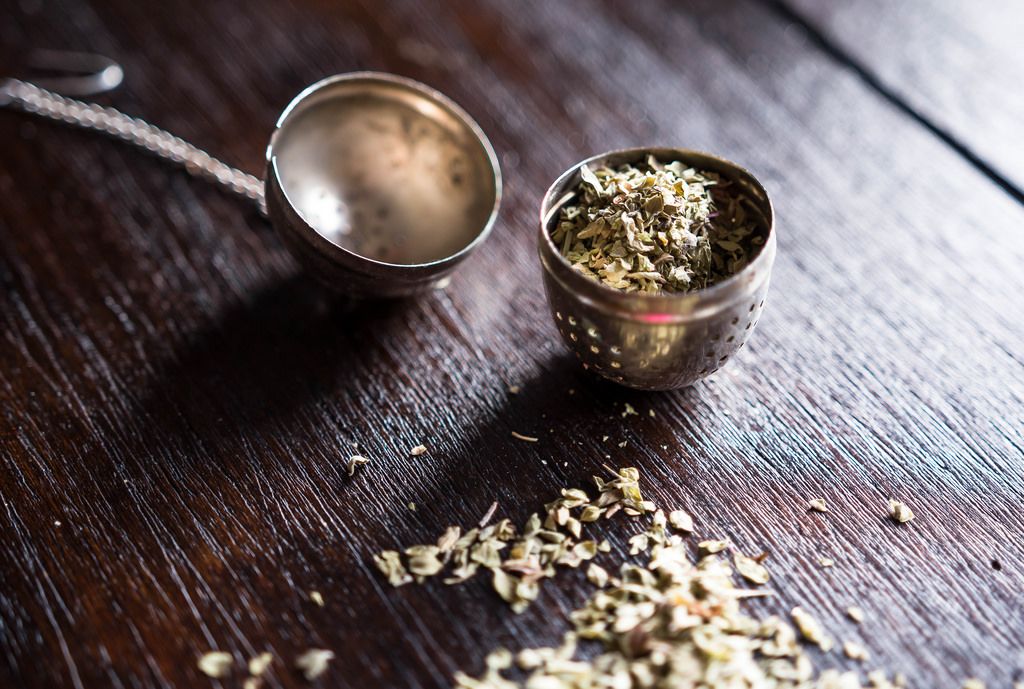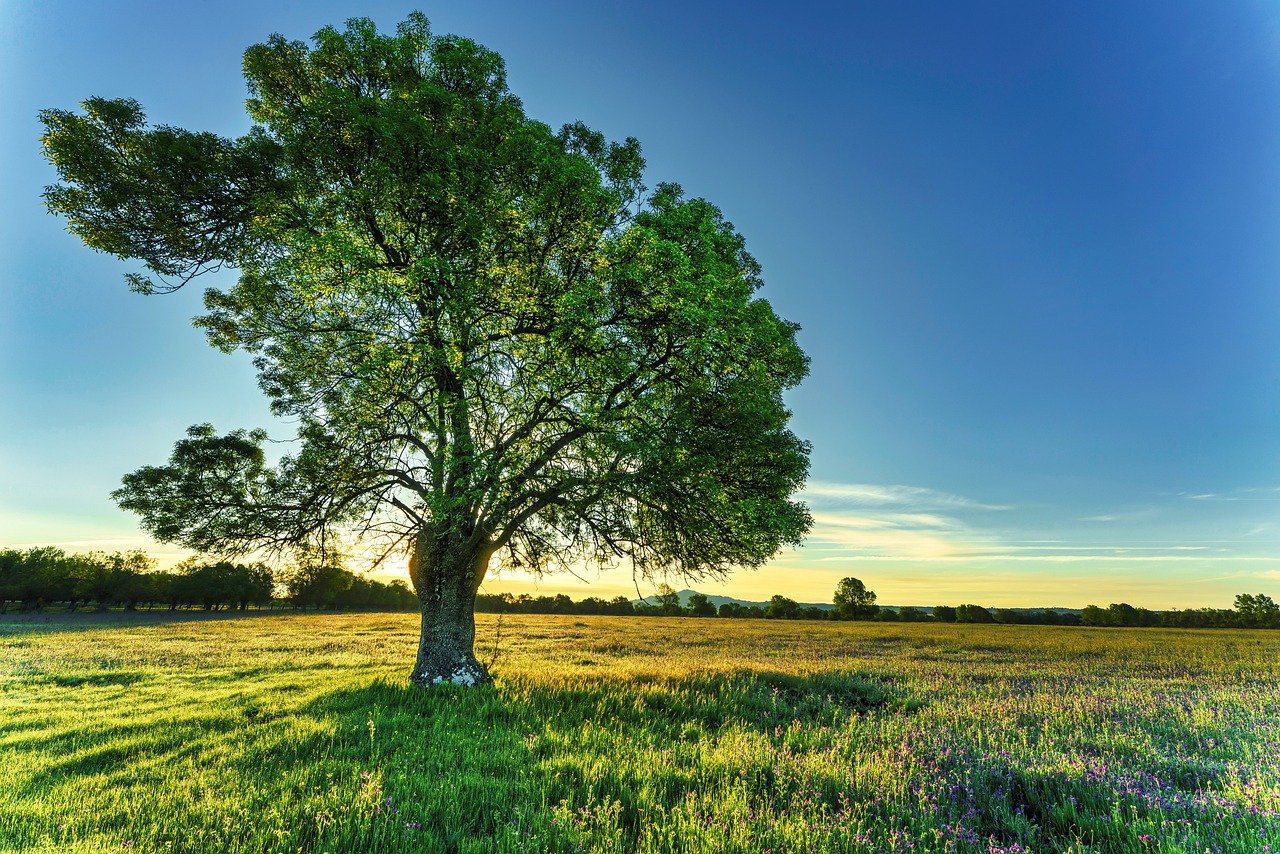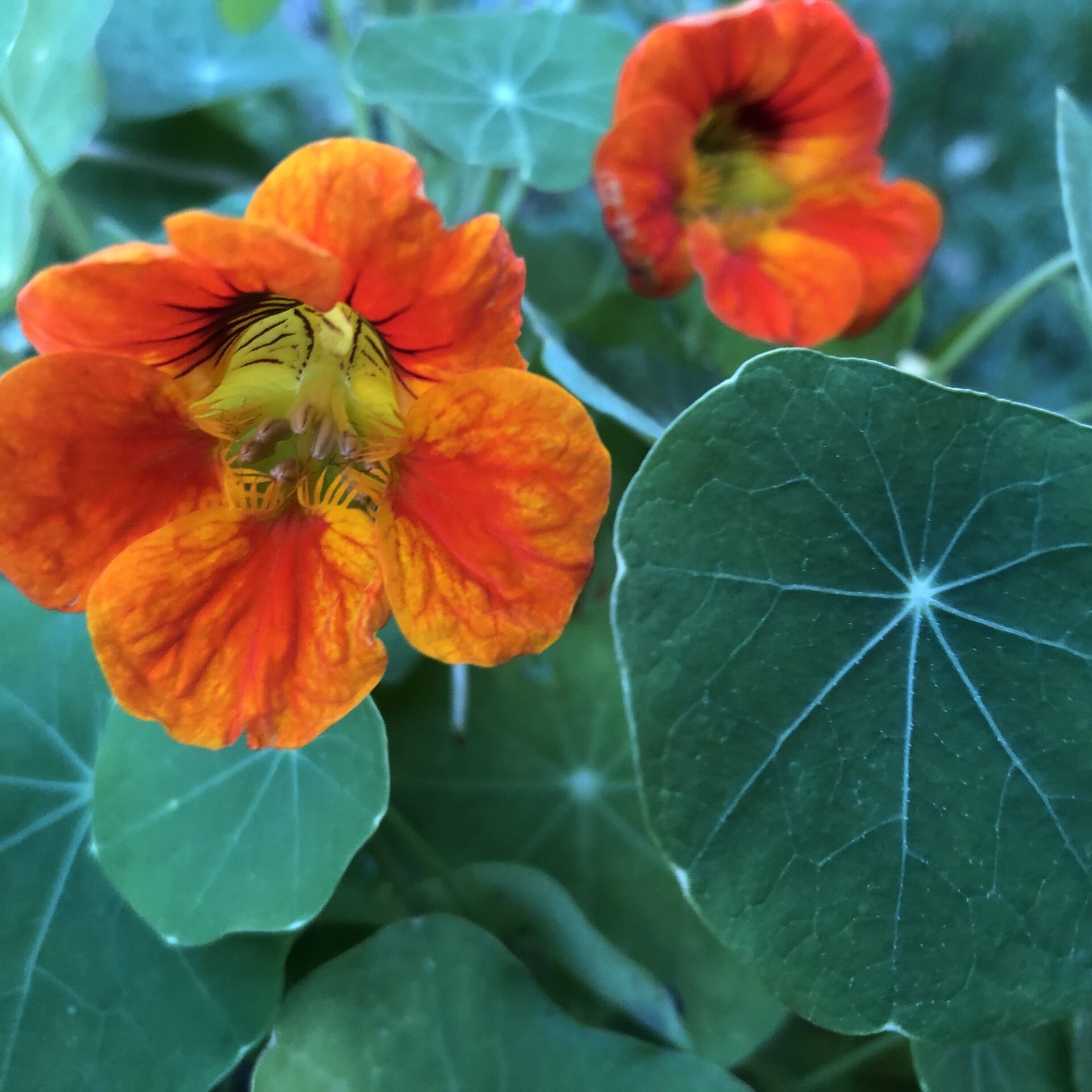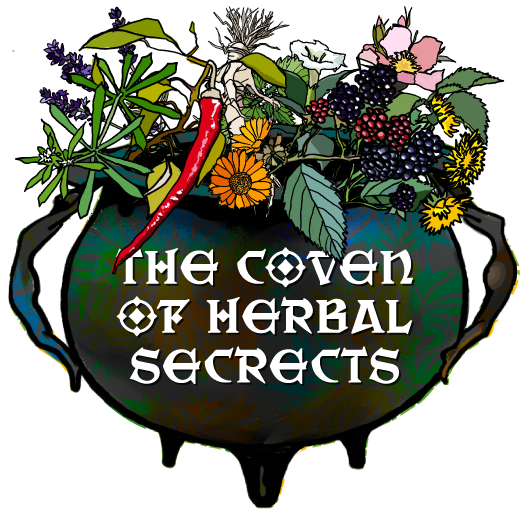Hayfever
Are you dreading having itchy eyes, a tickly throat, streaming nose and sneezing?
Those that suffer with hay fever know why they call it a fever. The foggy head associated with hay fever season can be hugely debilitating, making it nearly impossible to be outside for some folk.
Hay fever gets its name because it’s often grasses that produce the trigger pollens. It can potentially be a reaction to so many different pollens that it is usually hard to tell the exact origin. It is however, usually air-born pollens that are the culprits, rather than those dependent on insects for fertilisation. Often the two types of pollen are released at the same time, so many flowers get blamed when there are other pollens at work.
Hayfever is one of those things that seems like it would be a minor inconvenience but can really take over for a few months of the year. Itchy eyes, tiredness, exhaustion, irritability, runny nose. It can create anxieties around being in nature in case it triggers an attack.
We have noticed a link with hay fever between those people who may appear solid and contained but will react with frustration when something isn’t going their way. They may be quick to respond with fiery emotions but are actually hyper sensitive to the emotional landscape around them.
There may be many predisposing factors from childhood that could add to the likelihood of having hayfever. These include: an overly clean household whilst growing up, being the eldest sibling and therefore exposed to less bacteria, circumstances or incidents where they have been made to feel unsafe emotionally and have had to build a protective wall and bury their emotions.
Hayfever – Sneezing, Itchy Eyes?
It seems that hay fever is becoming more & more common. It can potentially be a reaction to so many different types of pollens that it is usually hard to tell the exact origin. It is usually triggered by air born pollens, those that travel through the air to pollinate other plants and not those dependent on insects for fertilisation.
Why do some folk react and others don’t?
This is the key question in long-term treatment of the issue. Predisposing factors include things like stress or anxiety, vaccination reactions, high exposure to agricultural sprays inherent predisposition (genetic) and dietary intolerances. Hay fever is classed as a hypersensitivity Type I reaction (which also includes asthma and eczema), meaning that the immune system over reacts to allergens (in this case pollen) causing inflammation and a series of uncomfortable symptoms.
From a herbal perspective, looking at physical manifestation of symptoms as a map to underlying causes, the hay fever response implies that the system is over-responding to stimulus and overly protecting the body. This is often an indication that they are emotionally ‘hypersensitive’ too. The children and indeed adults that present with these kind of conditions are often highly sensitive individuals, being very aware of their surroundings and the emotions of others. It is the case that with emotional support, some temporary dietary changes and the correct herbs, balance can be restored. Treating the emotional body is a big part of this.
A new perspective
The common medical model implies that the pollen is invading and we have to battle against it, which in itself is an inflammatory emotional response to a reaction already pretty angry and irritated. In effect, starting a war. As the reaction occurring is an indication of something going on at a deeper level, we can consider the set of symptoms as a beneficial sign, a reminder to explore a little more deeply. If we can then reach the root causes and support the body at this level, a positive outcome can be achieved.
Relief in the meantime
 Even with a more deeply focused treatment plan under the guidance of a herbalist, we still want to relieve the uncomfortable symptoms of hay fever; elderflower is a great herb to do that. It support redistribution of mucous and protects membranes from further allergens penetrating the surface and causing further reaction.
Even with a more deeply focused treatment plan under the guidance of a herbalist, we still want to relieve the uncomfortable symptoms of hay fever; elderflower is a great herb to do that. It support redistribution of mucous and protects membranes from further allergens penetrating the surface and causing further reaction.
One simple way to take this medicine is in a simple infusion of elderflowers
Mint is also great for clearing the sinuses. As a cordial it can be incorporated into your daily life as both a preventative measure and a relieving drink.
SEED SISTAS TOP HERBS FOR HAY FEVER RELIEF
Elderflower —Elderflower gives the feeling of drying out the mucous membranes by redistributing mucous. The elderflower helps to create a barrier of protection, toning the mucous membranes and desensitising them to allergens.
 Plantain — Plantain is cooling and soothing to mucous membranes, and reduces inflammation of nasal and lung membranes.
Plantain — Plantain is cooling and soothing to mucous membranes, and reduces inflammation of nasal and lung membranes.

Nettle — Nettle has a similar effect on the body as pharmaceutical anti-histamines but without the drowsiness or immunological effects associated with these drugs. A pot of infused fresh nettle tips drunk over an hour can give unto 3 hours of relief from hay fever symptoms.
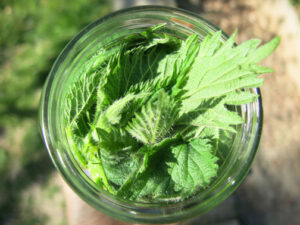
Mint — Flavonoids in mint have been shown to reduce histamine reaction. The aromatic oils of mint clear congestion from the sinuses and offer antimicrobial support to protect from pathogens that may linger when a lot of mucous is present this herb also shines a light on the digestive link to optimum health.

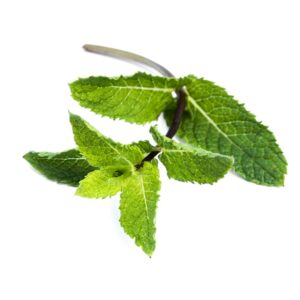
We recommend Elderflower and Plantain tinctures combined to reduce mucous secretions, prevent further reaction.
Pollen Facts
· Rapeseed not classed as allergenic
· Grasses, tree pollen and weeds are generally wind pollinated and produce the most pollen which is smooth and aerodynamic
· Insect pollinated plants produce heavier or sticky, bulky pollen, not usually reactive
· Some volatile organic compounds with a cabbagy smell can be an irritant to the nasal passages.
· Flowers open at the same time as grasses release pollen so often blamed for hay fever
Time-line
· Late March to May – Tree pollen, birch (main cause of hay fever)
· Late may to end July – Main grass pollen season
· Late July to August – Mugwort (classed as allergenic), airborne
Info courtesy of University of Worcester – National Pollen and Aerobiology Research Unit

